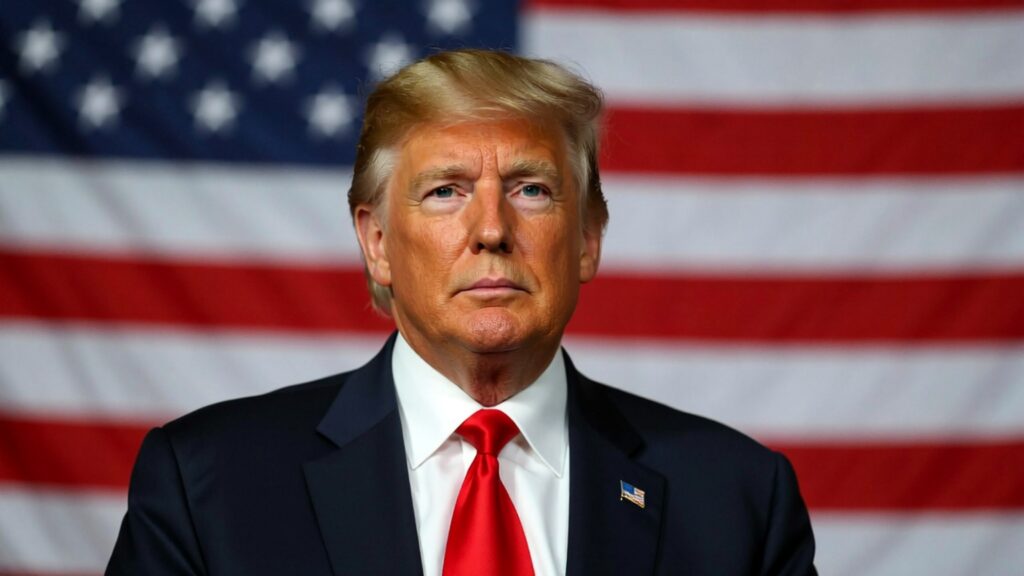Bank of England Deputy Governor Sarah Breeden has confirmed that the central bank will introduce “temporary” stablecoin caps to protect credit availability, though no timеline has been provided for when these limits will be lifted.
Key points:
- The Bank of England will impose “temporary” stablecoin caps to protect credit availability, with limits of £10K–£20K for individuals and £10M for businesses, but no timeline has been set for lifting them.
- The central bank plans to offer accounts to systemiс stablecoin issuers, allowing them to hold reserves and earn returns, effectively acting as a “banker to systemic issuers.”
- Crypto industry groups and UKCBC warn that individual stablecoin caps are costly, difficult to enforce, and could affect the UK’s competitiveness in the digital asset market.
Speaking at DC Fintech Week 2025, Breeden announced that the central bank plans to introduce stablecoin caps, setting limits of £10,000 to £20,000 (around $13,440 to $26,880) for individuals and up to £10 million (about $13.44 million) for businesses using systemic stablecoins in payments.
Breeden noted that the Bank of England intends to lift the stablecoin caps once it determines that the transition no longer poses risks to real-economy financing. However, the upcoming consultation paper, expected later this year, does not specify a timeline or criteria for when those conditions will be considered met.
Related: CFTC Opens Door for National Trust Banks to Issue Stablecoins
Breeden added that the Bank of England plans to offer accounts to systemic stablecoin issuers, enabling them to hold reserves directly with the central bank and generate returns by investing part of those funds in short-term UK government securities. This approach, she noted, effectively positions the Bank as a “banker to systemic issuers.”
In September, UK-based crypto advocacy organizations called on the Bank of England to rethink its proposal to cap individual stablecoin holdings, arguing that the policy would be costly to implement and difficult to enforce. The groups cautioned that such restrictions could undermine the nation’s competitiveness in the global digital asset market.
Related: Judge Allows Insider Trading Lawsuit Against Coinbase Execs
Simon Jennings, executive director of the UK Cryptoasset Business Council (UKCBC), criticized the proposed individual stablecoin caps as unworkable, emphasizing that issuers do not have real-time access to information about token holders, making enforcement both difficult and expensive.
Meanwhile, central bankers have cautioned that the absence of such limits could lead to significant outflows from traditional bank deposits, posing risks to credit availability and broader financial stability. Regulators have also warned that unchecked stablecoin growth could destabilize the existing financial system.
As the UK implements these stablecoin limits, issuers and investors must adapt to the central bank’s new risk controls.












